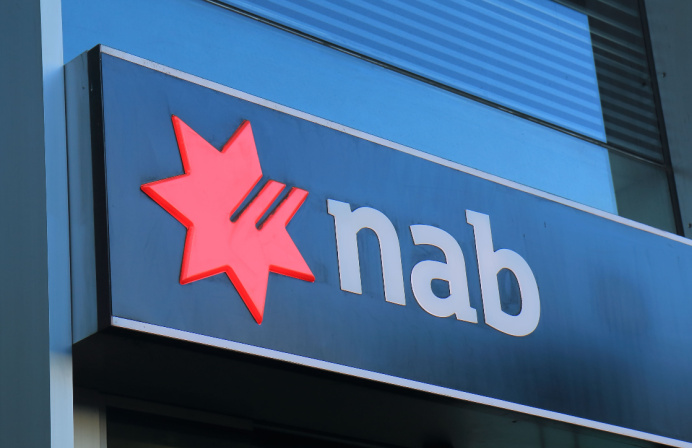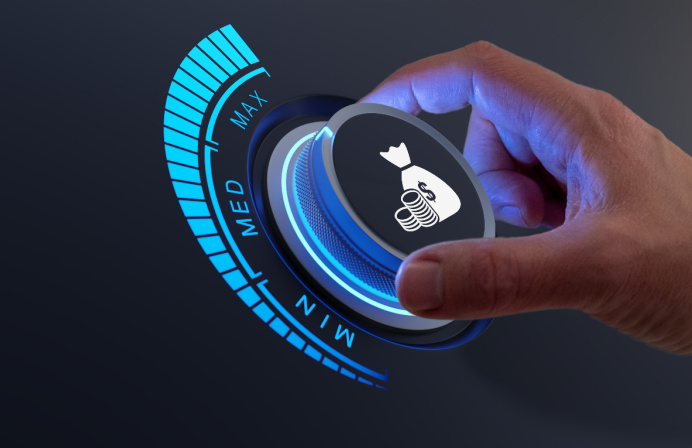
Popular Open Banking tech developer, Frollo, has announced it will phase out screen-scraping on its money management app, confirming it has already disabled the practice for the big four banks: ANZ, CBA, NAB and Westpac.
By the end of this year, Frollo said it also plans to axe screen-scraping for at least 50 other banks.
The company stressed the growing capabilities of the “API-enabled” Consumer Data Right (CDR), or Open Banking, ecosystem – including “improved security, user control and access to real-time transaction data” – have meant the practice of screen scraping has now largely been superseded.
Screen scraping enables third parties to automatic capture (with a user’s opt-in) screen display data entered by users into another application. The controversial practice can often require the sharing of banking passwords with third parties to enable them to access and read bank account data, raising security and privacy concerns among consumers.
The practice had the backing of the ACCC, one of the chief regulators of Australia’s CDR, during the early phase of the scheme’s rollout, which, according to the regulator, would enable fintechs and non-major banks to still partake in customer data-sharing whilst they bring their systems and practices up to speed with strict CDR guidelines.
“Phasing out screen scraping is about much more than just the user experience in our app. It’s the start of a new era where consumers are in control of their own data, they can share it securely and their privacy is protected,” Frollo chief executive Tony Thrassis said.
“The fact that we’re now able to deliver a superior user experience by relying solely on Open Banking for a number of products and providers is an important milestone for the Consumer Data Right (CDR).”
According to Frollo, the big four banks are already well enmeshed in the CDR, supporting data sharing for more than 30 different product types within the data-sharing ecosystem. This, it said, “[provides] the coverage required to operate a successful personal finance management app”.
Thrassis noted that more than 8 out of 10 new accounts linked in the Frollo app are using Open Banking.
“[We] expect this to only increase as we progressively phase out screen scraping for other banks until it’s only used for banks and products not covered under the CDR.”
Frollo noted that the introduction of multi-factor authentication (MFA) by a number of the major banks – and notably NAB in August this year – has made the practice of screen scraping largely impractical.
“This will likely result in users of screen scraping-based apps having to input a new MFA code every time they want their app to update.”
Thrassis stressed the importance of privacy and security to consumers.
“Yet, many share their banking ID and password with third parties to get access to products and services. And most consumers probably don’t even know who gets access to their credentials nor think about what they could do with that type of unrestricted access.”
“It’s important to change the default, as soon as we can. And we’re starting today.”





